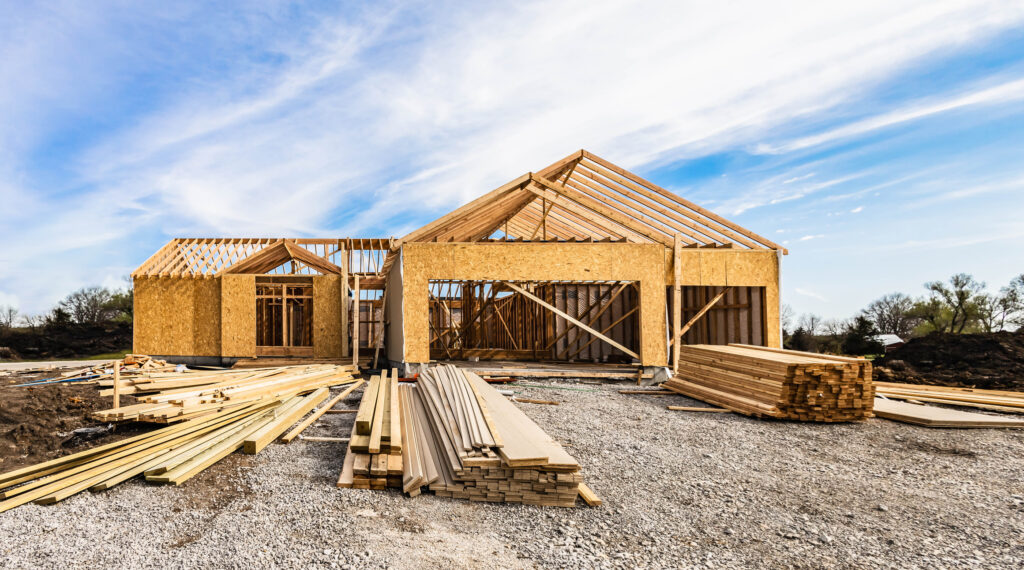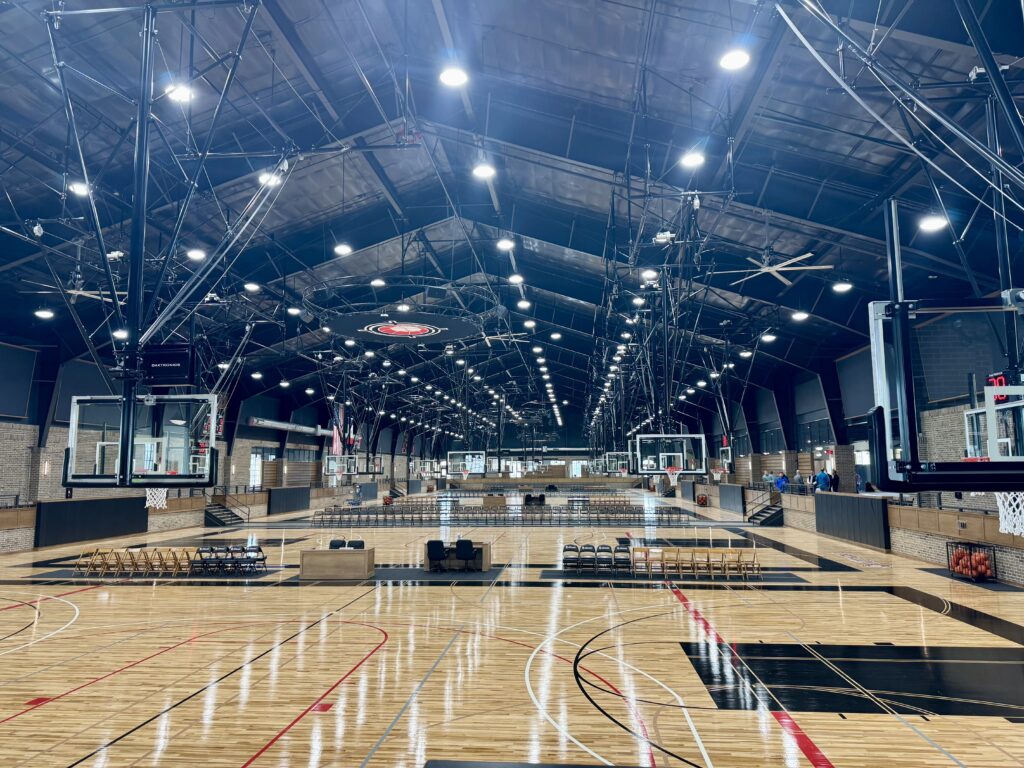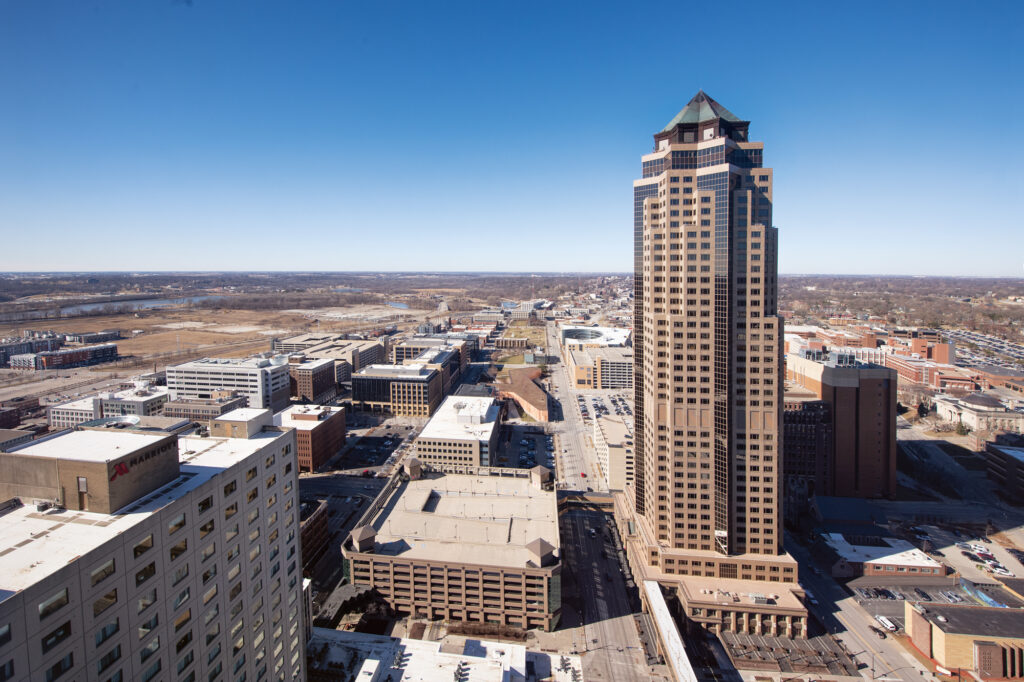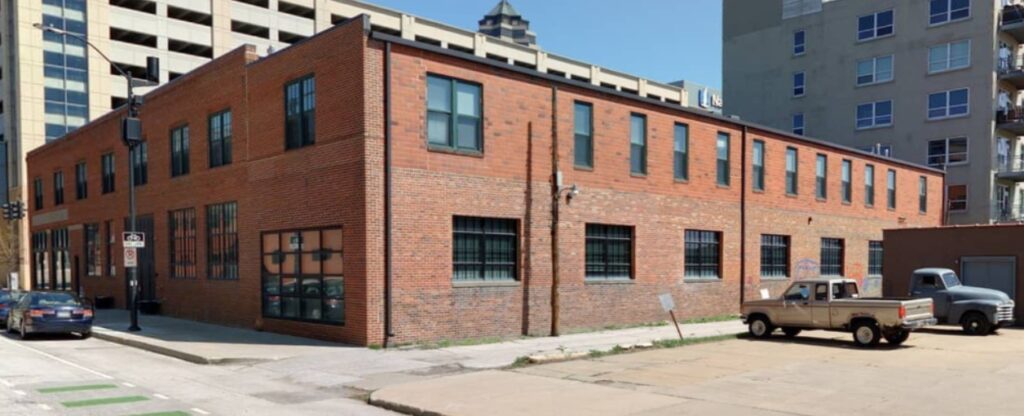California congressman tells DMDC attendees that AI integration could help revitalize manufacturing

Business Record Staff May 10, 2024 | 11:21 am
3 min read time
740 wordsAll Latest News, Government Policy and Law, Innovation and Entrepreneurship, Manufacturing
U.S. political and industrial leaders should be more deliberate in adopting artificial intelligence capabilities in manufacturing to be more competitive with China, regain lost global market territory in steel, aluminum and textile production, and retrain the domestic workforce, U.S. Rep. Ro Khanna, D-Calif., said Thursday.
The 47-year-old Democrat, whose congressional district includes Silicon Valley, was the keynote speaker during the Congressional Leadership Luncheon on day two of the Greater Des Moines Partnership’s annual DMDC advocacy trip to Washington, D.C.
Khanna told attendees of this year’s 200-plus-member Central Iowa delegation that he sees political and social divisions in recent years have been caused in large part by economic shifts and wealth inequality.
“Since the 1970s, we basically saw wealth pile up in my district and parts of this country be hollowed out,” Khanna said.
According to Khanna, California’s 17th District, which holds the headquarters of technology companies of Nvidia, Apple, Google and others, has a $10 trillion market value.
“ … At the same time, we watched as town after town, community after community, saw jobs leave the United States. Jobs we shut down or automated. Johnstown, Pennsylvania, looks like a developing nation if you go there – a proud steel town. We used to be leaders in the world in making steel. Today, we don’t have a single steel company in the top 16.”
He says many of those companies now reside in China.
Khanna sits on the House Committee on Oversight and Reform, the Select Committee on the Strategic Competition between the United States and the Chinese Communist Party, and is part of the Congressional Artificial Intelligence Caucus.
“If you don’t think the future of our military capability is going to be dependent on who wins the AI race, who wins the technology race, then you’re not paying attention to what China is doing,” he said.
In his address, he said AI can bring an “industrial renaissance” by increasing productivity to build and modernize U.S.-based steel, aluminum and textile plants that are more environmentally friendly and more efficient than older and shuttered plants in Ohio, Michigan and Pennsylvania.
“Why is it that America shouldn’t lead in building the next generation of steel with direct production iron and hydrogen? Why not? Why shouldn’t we be the superpower when it comes to steel again and implementing new technologies in these places?” he said.
“It could also be a message that starts to bring this country back together if they saw folks from Silicon Valley and folks around this country working together to build these jobs,” Khanna said.
There were around 83,000 workers employed in U.S. iron and steel mills in 2022, according to the New York Times. The industry saw higher levels of employment under presidents Bill Clinton, George W. Bush and Barack Obama than it has under Donald Trump and Joe Biden, the Times report says.
Making basic tech accessible
Khanna said he’s working with Rep. David Joyce, R-Ohio, on a bill to establish modernized steel plants in places like Ohio and Michigan.
The representative also wants to establish more skilled trade programs to improve access to basic technology education. Khanna said he’ll host a summit with Rep. Jim Clyburn, D-South Carolina, and connect representatives from major tech companies and students from historically Black colleges and universities.
“But we do need to understand in this country that if we want to compete in the 21st century, we’ve got to figure out how we’re going to educate the next generation on the basic technology so they can have access to those jobs,” he said. “That’s how we’re going to be a superpower.”
He said those institutions are going to provide an 18-month job training course with a $5,000 scholarship, which he compared during his speech to workforce training programs at Des Moines Area Community College.
“How do we change this fundamental imbalance in economic opportunity in this country? How do we change the fact that for many Americans, their wages have not kept up with the cost of child care, with the cost of health care, with the cost of education?” he said. “I believe only if we restore economic opportunity and the American Dream in different parts of America that we start to bring this country back together.”









